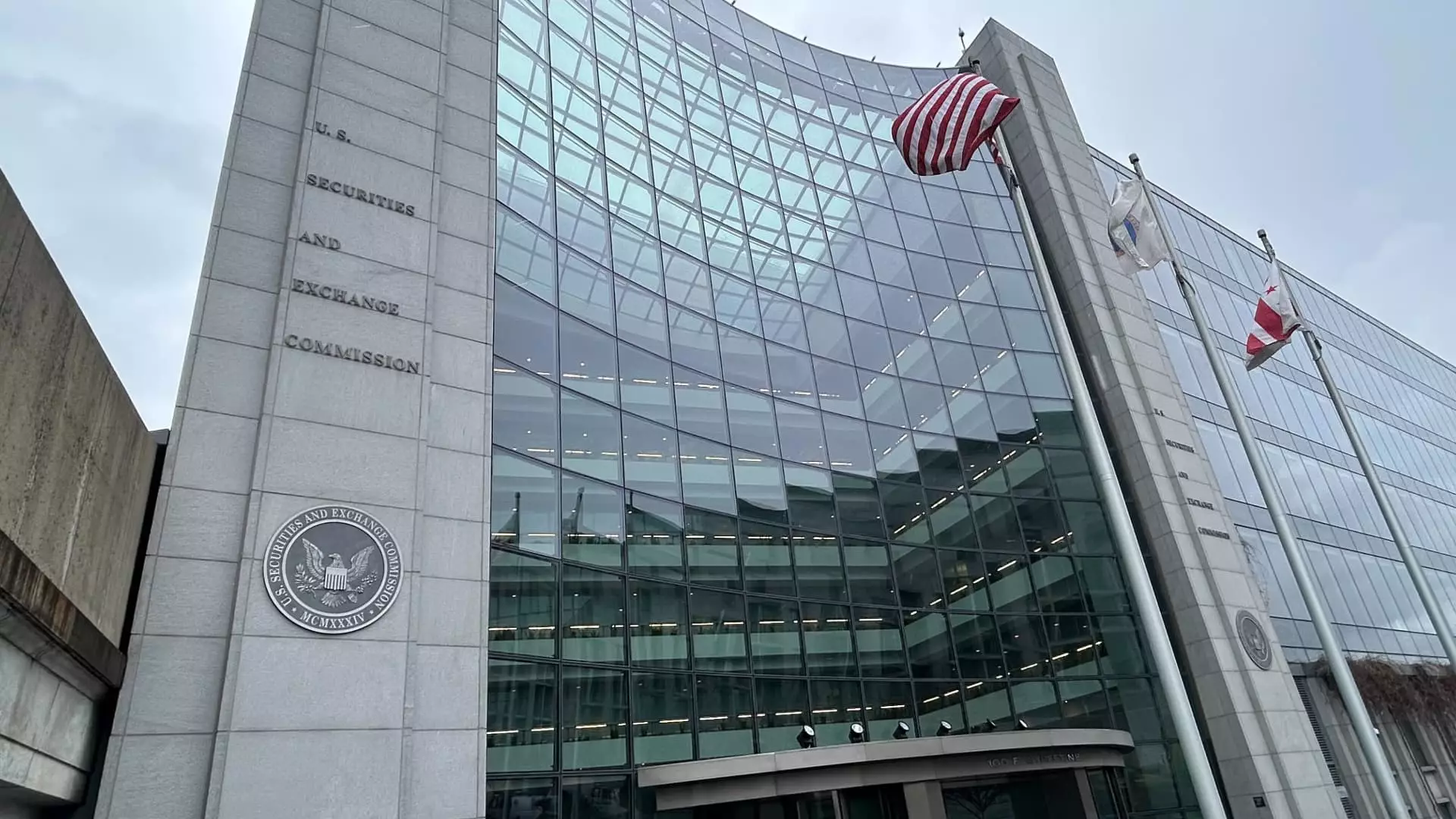In the murky waters of governance, the U.S. Securities and Exchange Commission (SEC) is finding itself adrift, as an alarming 600 staff members, representing over 12% of its workforce, have stepped forward to embrace resignation offers. This mass departure, though presented under the guise of voluntary measures, is a glaring signal of an institution struggling against the relentless tides of political influence. The current administration, spearheaded by President Trump and amplified by Elon Musk’s disruptive ambition, seems determined to undermine the integrity of one of the nation’s key regulatory bodies.
An Agency at a Crossroads
The SEC has long been the watchdog of our financial markets, tasked with upholding the laws that protect everyday investors. However, as chaos ripples through its ranks, the agency’s effectiveness is inevitably compromised. The wave of resignations is not just a statistic but a sobering indicator of the deep-seated issues plaguing federal governance today. With the recent implementation of incentivized resignations, primarily driven by the belief that the federal workforce is “bloated,” the SEC risks becoming a skeletal version of its former self, devoid of critical expertise and oversight capabilities.
The statistics speak volumes; with seasoned professionals and enforcement lawyers leaving, we are left to ponder the agency’s future. Who will safeguard investors against fraud when the very architects of investigation and enforcement are abandoning their posts? It is ironic that in a push to streamline government operations, the very essence of regulatory authority is being stripped away, all while the financial industry prepares for uncertain times.
The Ripple Effect of Politicization
The aggressive push for workforce reductions is emblematic of a larger trend where governance is heavily influenced by political agendas rather than competency and stability. Trump’s administration has been notorious for its relentless pursuit to dismantle—and subsequently rebuild—government institutions. Meanwhile, Musk’s approach, often brash and sweeping, contributes to an atmosphere of unpredictability that further complicates the workings of federal bodies like the SEC.
This intersection of political maneuvering and regulatory oversight not only jeopardizes the agency but raises critical questions about accountability. Can investors trust a commission riddled with departures and reconstruction? As Trump extends his deadline for further layoffs, can we expect the remaining staff to hold firm against the impending uncertainty? The specter of reduced workforce coupled with the potential for prioritized budgets aimed at political dogma poses a dire warning for the financial landscape.
Hope Amidst Uncertainty
Though the situation appears precarious, there remains a flicker of hope. Some SEC employees believe that these resignation incentives serve as a means to ward off even more catastrophic layoffs, fostering a climate for negotiation rather than exodus. However, such optimism may be misplaced, as we witness the unsettling trend of experienced professionals opting to leave, fueled by disillusionment rather than dedication to preserving the institution’s mission.
Just as this epoch of resignations signals the instabilities ahead, it also offers a critical lens through which to view the architecture of our government’s regulatory bodies. We must ask ourselves: Are we willing to watch silently as our financial safeguards erode, only to later lament the consequences of a compromised SEC? In this politically charged climate, the importance of advocacy for transparency and accountability has never been more urgent.

